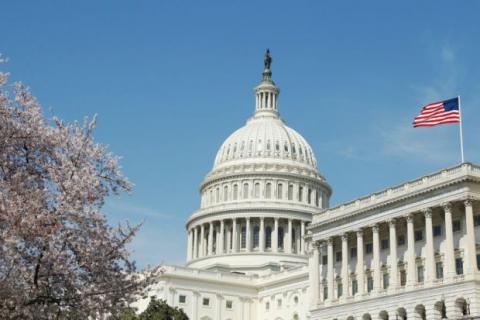The US government has expanded the list of subjects within the STEM Optional Practical Training (OPT) programme to allow graduates within certain subject areas to stay and work in the US for up to three years, instead of just one.
Some 22 new fields of study have been added to the list of subjects. These fields of study include bioenergy, cloud computing, climate science, data analytics, geography and environmental studies and mathematical economics. “The added fields of study are primarily new multidisciplinary or emerging fields, and are critical in attracting talent to support US economic growth and technological competitiveness,” a statement from the White House said.
The change will come into effect immediately.
Everything you need to know about studying in the US
Student visas for the US: what has changed under Covid-19?
A guide to post-study work visas in the UK, the US, Canada, Australia, Germany and New Zealand
Everything international students need to know about US student visas
The OPT training programme allows international graduates from any discipline to stay in the US for 18 months and work. Graduates and students who have studied from the list of subjects included in the STEM Optional Practical Training (OPT) programme are able to stay for up to three years.
This addition is part of a suite of changes announced by the government aimed at attracting and retaining international talent.
Another change is that international students on a J-1 exchange visa will also be eligible for 36 months OPT work, up from 18 months previously. This is, again, applicable only for students in STEM-related subjects.
The US Department of State’s Bureau of Educational and Cultural Affairs has also launched an early career STEM research programme to facilitate the exchange of researchers and postdoctoral students to the US for training and education.
The department also has plans to streamline the green card process to allow applicants with advanced STEM degrees to get a national-interest waiver.
These announcements have been welcomed by the higher education sector. Dr Esther D. Brimmer, executive director and CEO of NAFSA: Association of International Educators said: “At a time when US international student enrolment has been trending downward and other countries are making gains in attracting the world’s best and brightest, this announcement is welcome progress in the right direction.”

Comments